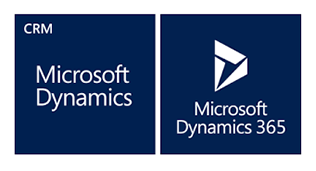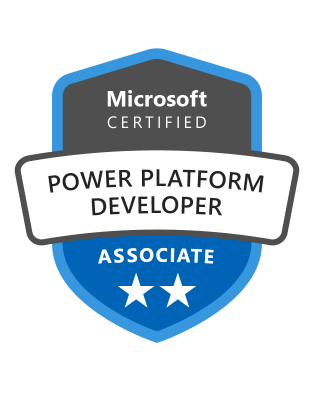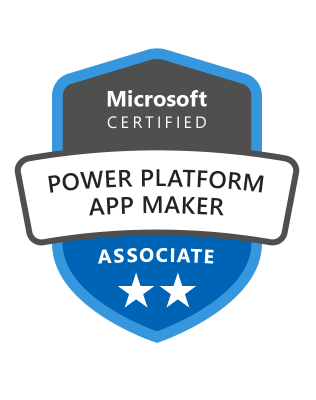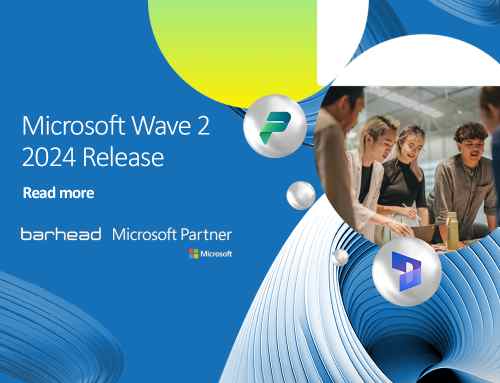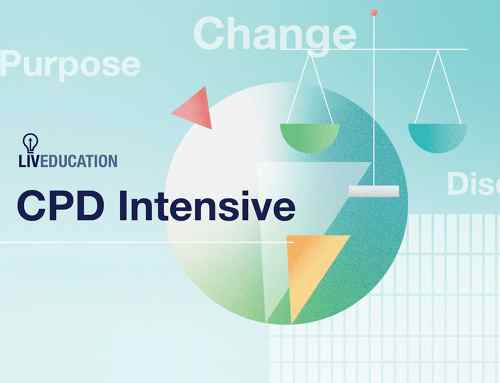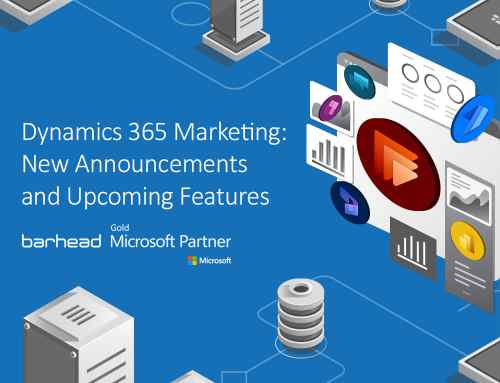
Why would I want to become Microsoft certified? Firstly, you’re proving your knowledge and professional skills. Secondly, when you work towards a certification, you are on a guided learning path. You are going to deepen and expand your own knowledge. Plus, you get a badge!
Ready? Here’s how you can get started:
- Set-up an account at Microsoft Learn. This will give you your very own Microsoft Certification Identification Number (MCID), which stays with you no matter where you work – allowing you to keep track of your badges. Microsoft Learn also explains all the certifications available.
- Find a certification. The learning portal will explain which exams you need and which learning paths you need to complete to be ready. It will also track which modules within those learning paths you have completed (and give you experience points for doing so!). Every module comes with a knowledge check quiz at the end to give you an idea of the questions you will be answering when you sit your exam.
- Take an exam. You can sit the exam in person or online which can both be booked and paid via the portal. You can book a specific timeslot for your exam – the length of which will vary depending on which one you’ll be doing. If you choose an online exam – you’ll be downloading an app that allows the exam proctor to verify your identity (and making sure you’re playing by the rules!) by having your webcam on for the period of the exam. It’s against the rules to talk or for the proctor to hear or see someone in the room with you. Make sure you are alone and quiet!
There are myriad certifications to consider and they’re grouped into functional areas and levels. You may view the entire list here. Check back regularly since there are new certifications being added all the time!
When you’re starting out, look at one of the ‘fundamentals’ set of exams. These are all designed to give you an overview of that area of the Microsoft stack. Once passed, you’ll know what’s available and where that technology would be usefully applied. These exams are designed for people to start from scratch. Here’s a list of virtual training days are run often and all over the world. An instructor will take you through the material via a webcast and some of them will even give you a voucher to sit the exam for FREE! If you’re new to Power Platform, a great jumping off point would be Power Platform fundamentals (PL-900) which is a great basis for learning about Power Apps, Power Automate, Power BI and Dynamics 365 business applications.
Once you’re done with the fundamentals exam, you can move up to associate level. These are designed for people who have a working knowledge of this function or application. It’s important to note that quite a few certifications at this level require you to pass more than one exam to gain them.
The highest level is expert which lets you advise your colleagues and answer questions about your specialist subject. Like certifications at the associate level, these often require a person to pass multiple exams. People with these certifications have a rare level of skill which often spans different areas of the Microsoft suite (like knowing all about Dynamics 365 business applications application AND the wider Power Platform).
Microsoft Certifications
Insider tips, tricks and where to find the right MS badge for you!
Microsoft Certifications give a professional advantage by providing globally recognized and industry-endorsed evidence of mastering skills in a digital and cloud businesses.
Microsoft Dynamics 365 CRM / Power Platform Certifications – For Pros
If you’ve been in the Dynamics 365 game for a while and your MCID starts with a ‘9’, you likely remember the MB2-7xx (or even MB2-8xx!) series exams. It was a simpler time when as a Dynamics professional – there were only a few exams to sit and they aligned very clearly with your job role. You had a ‘customisations’ one for everyone that proved you know your way around a solution, your ‘extending’ for devs and then your ‘Applications’ for functionals.
Over time the available certifications broadened out, allowing people to add more strings to their bows (‘on-line deployment’ exams, the splitting up the ‘applications’) and then came the Power Platform- now we’ve got a huge list of available certifications. If you’ve been out of the study game for a few years, it can be a bit of a challenge to sort out where to start. Read more.
Microsoft Certified – Power Platform Fundamentals (PL-900)
If you’re looking to study for your very first Dynamics 365 exam, the PL-900 is a great place to start. When you’re studying for it, you’ll be learning about a huge breadth of technology – Power BI, Power Apps, Power Automate, Power Virtual Agents, and Dynamics 365 CRM first party apps. It’s a great introduction to everything the Power Platform has to offer. Read more.
PL-400: Microsoft Power Platform Developer
The PL-400 (Microsoft Power Platform Developer) exam supersedes the MB-400 (Microsoft Power Apps + Dynamics 365 Developer) exam, which retired in December 2020. It’s the only exam required for the ‘Power Platform Developer Associate’ certification.
I’ve titled this article ‘pro code / low code / no code’ because that’s what this exam is about. There’s very rarely a black and white decision when weighing up how to solve problems in the Power Platform. The driving force of this certification is ensuring that the holder understands the huge range of both technical and non-technical tools available in the Power Platform and can weigh up the pros and cons of using each one in a particular situation. Studying for this exam is about understanding how to approach technical problems and pick the correct tool for the job. Read more.
PL-100: Microsoft Platform App Maker
The PL-100 (Microsoft Power Platform App Maker) is a funny old exam. It’s the only exam required to get the Power Platform App Maker Associate certification, which sits on it’s own in terms of usefulness. It’s not required for the first party app certification like PL-200 is, but everyone working in the Power Platform needs to study this content.
I often get asked; “What’s the difference between the PL-200 (Microsoft Power Platform Functional Consultant) and the PL-100?” and “If I’m going to study for both, which one should I do first?”. Read more.
DA-100: Analyzing Data with Microsoft Power BI
Even though the DA-100 sits within the Power Platform track, it’s the only one that focuses solely on your Power BI skills. As such, it’s the only exam you need to pass to get certified as a Data Analyst Associate.
Most people working with the Power Platform don’t use Power BI on a daily basis. This exam is designed for people to prove that they know one end of a visualisation from the other. Although studying Power BI in depth will absolutely be useful to functional consultants (always great to know what can be done), I’d say gaining this badge would be a nice-to-have. Read more.
About the Author: Loren Jones
Loren is a Microsoft-certified trainer and one of Barhead’s Solution Architects. She has a wealth of experience in Dynamics 365 business applications and the power platform and has built a career in solution architecture and software development.

